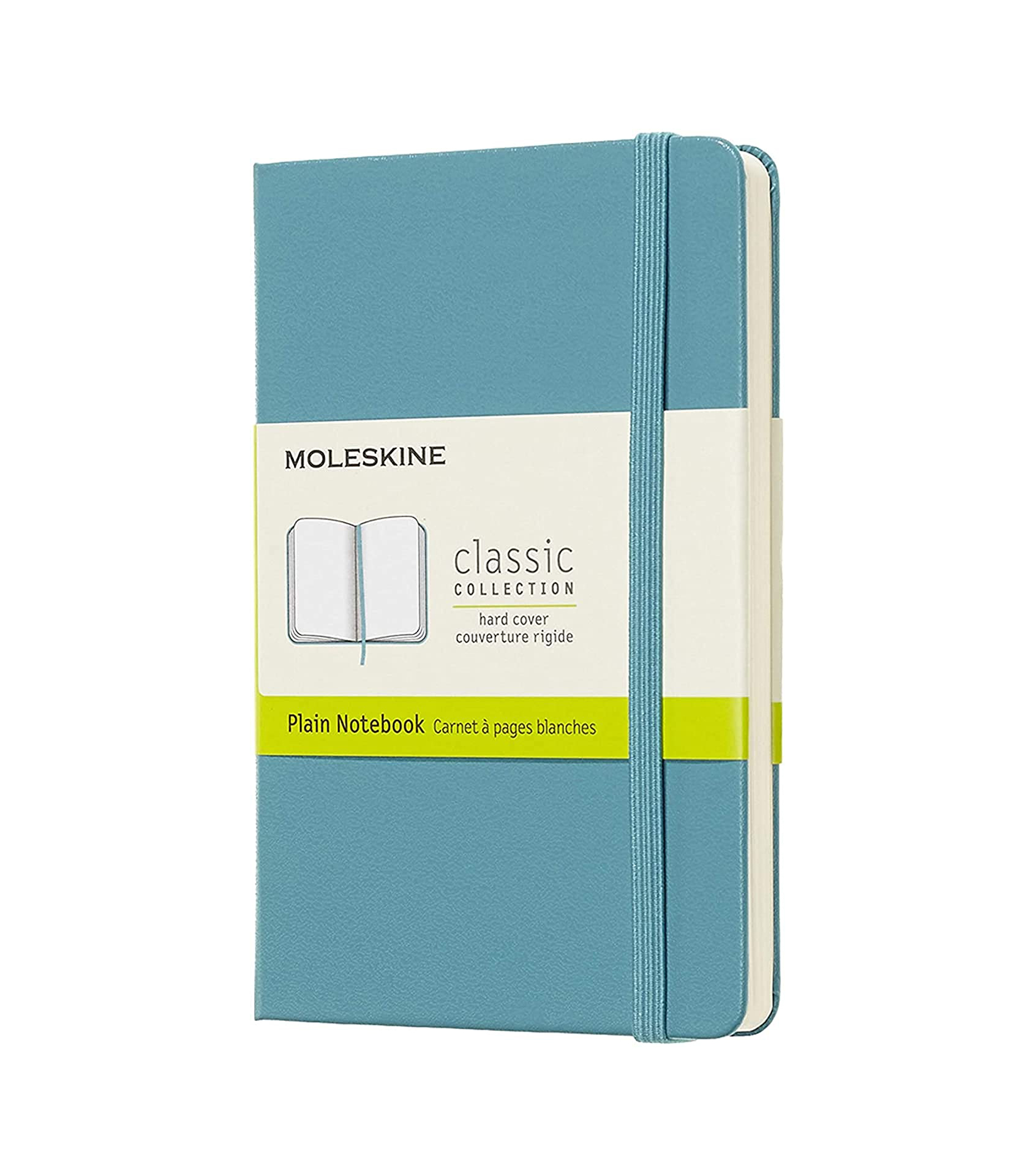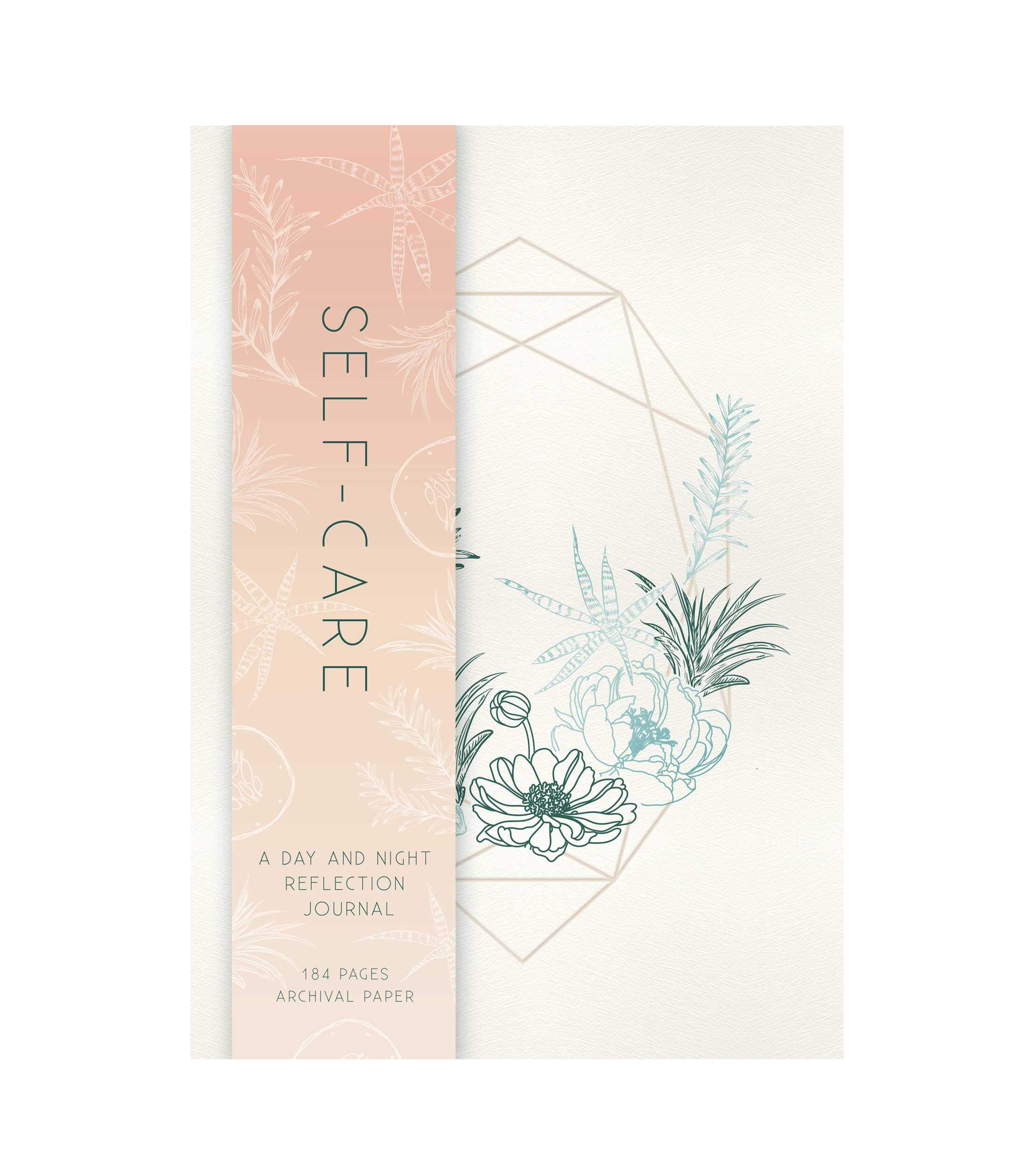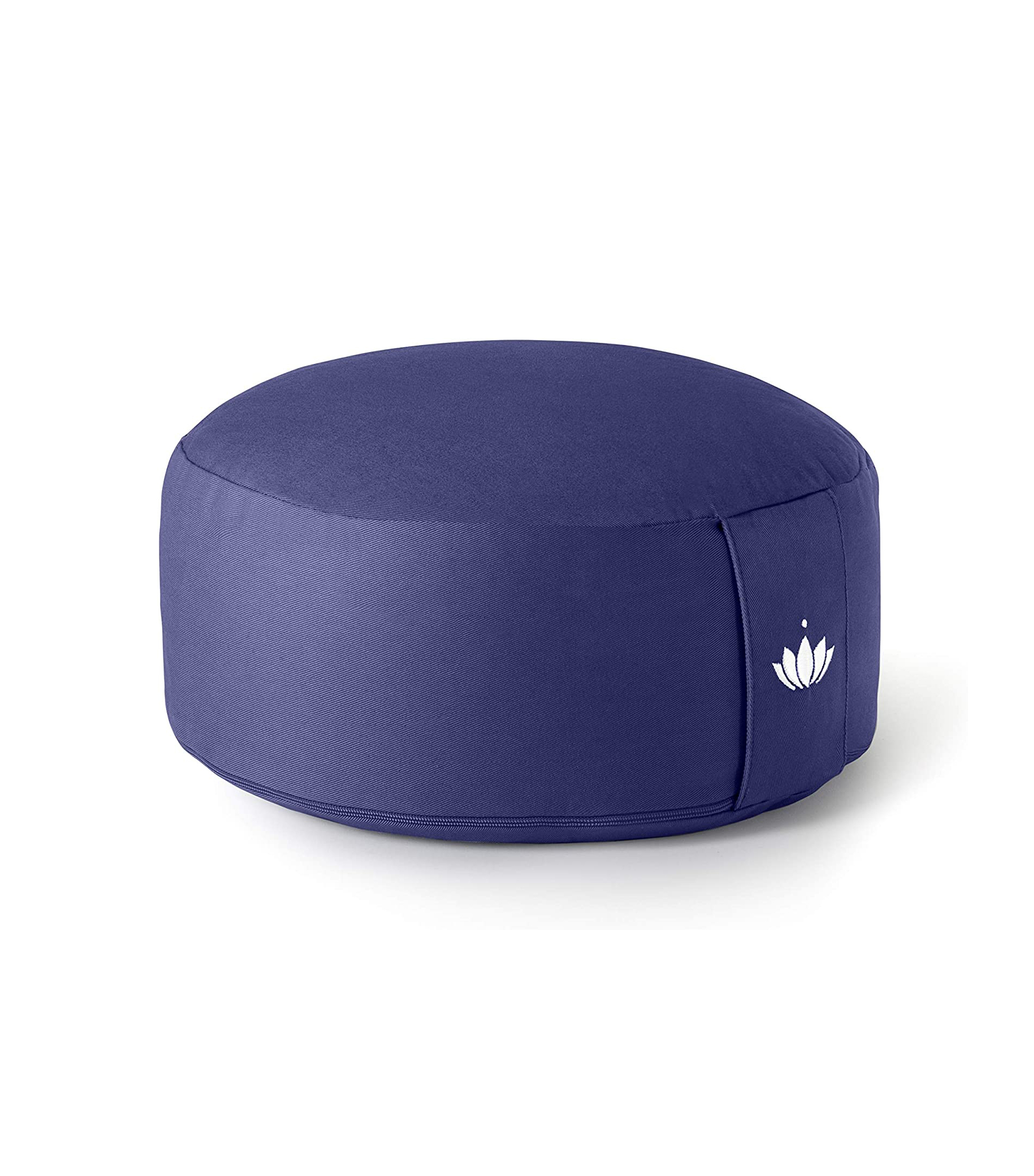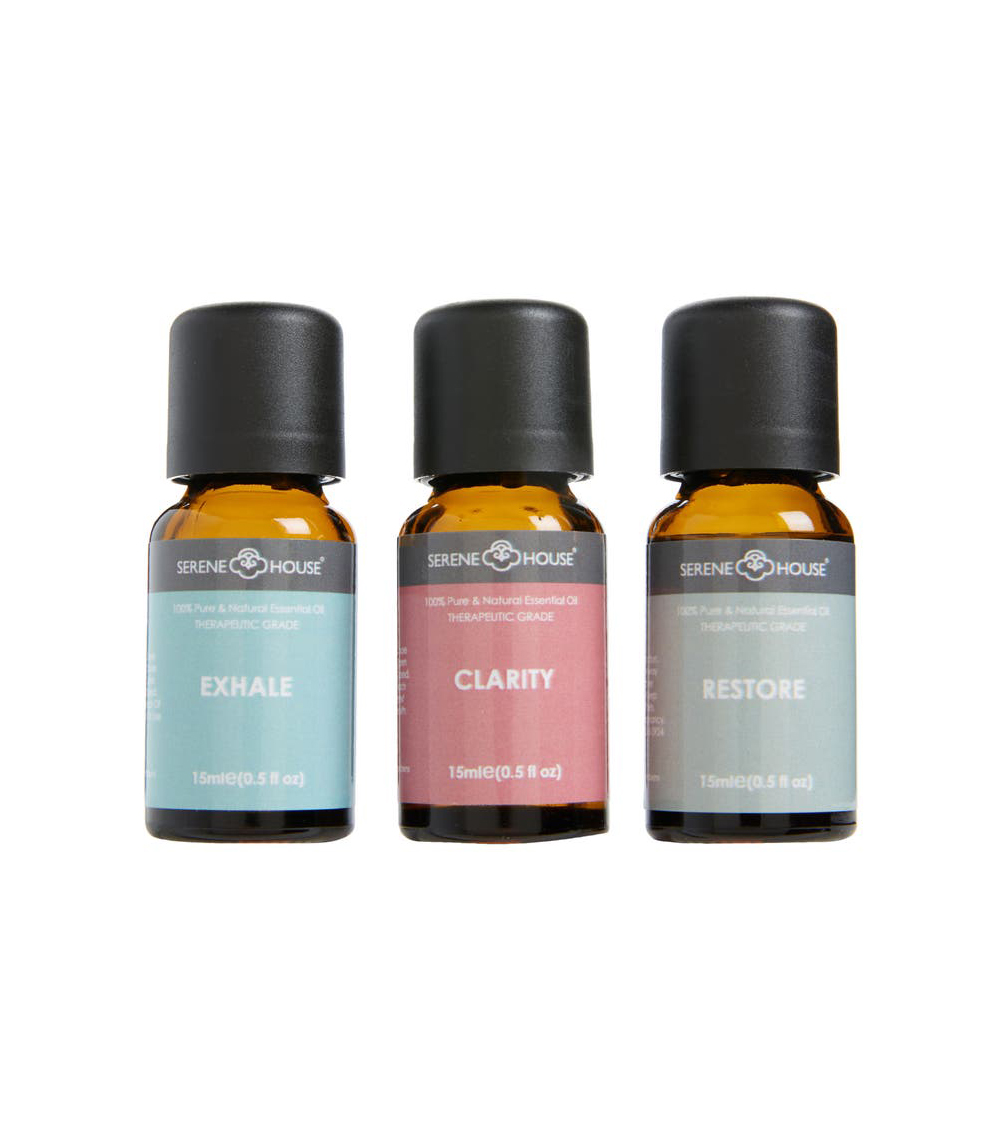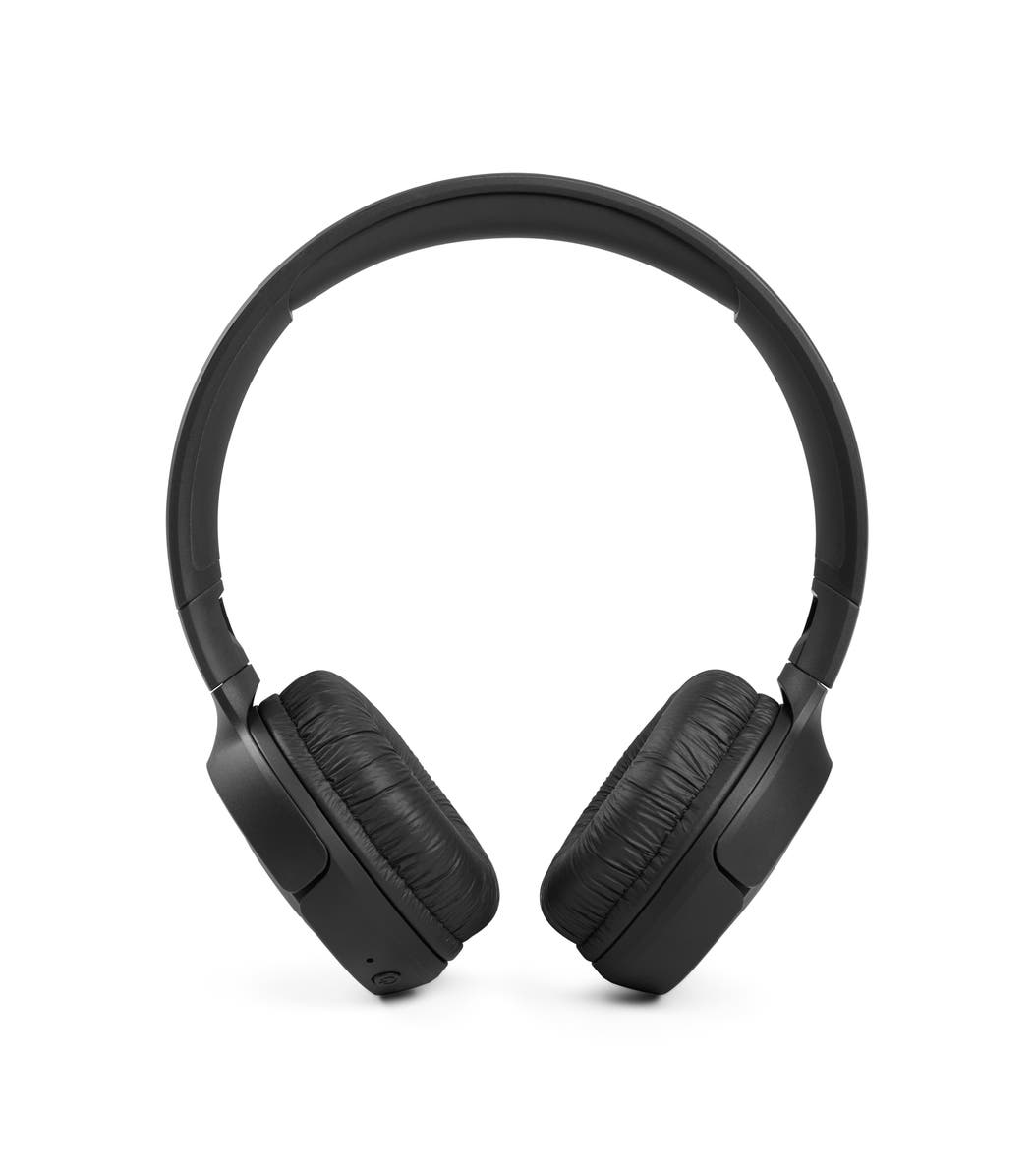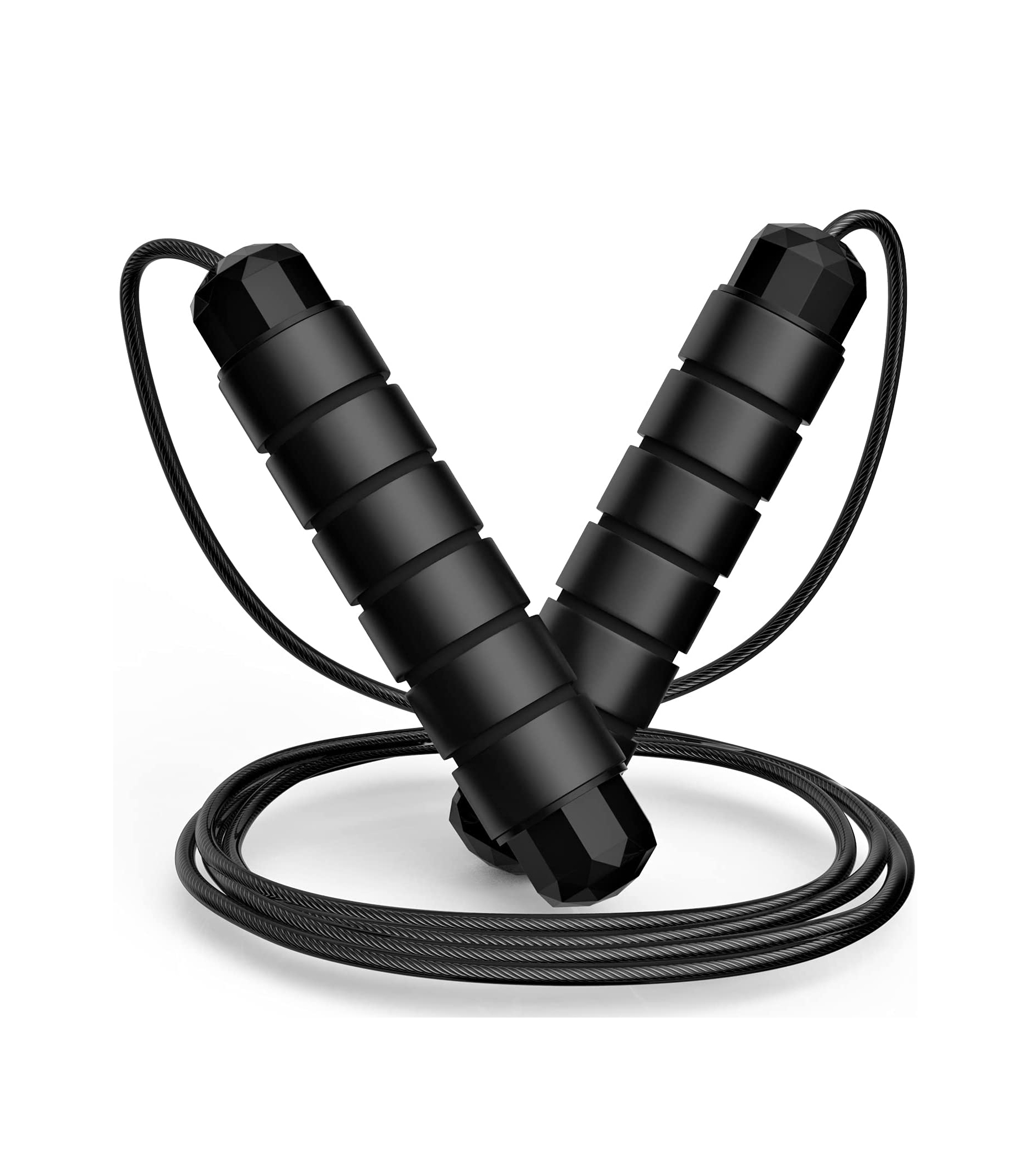15 Things You Can Do to Cope With News Anxiety
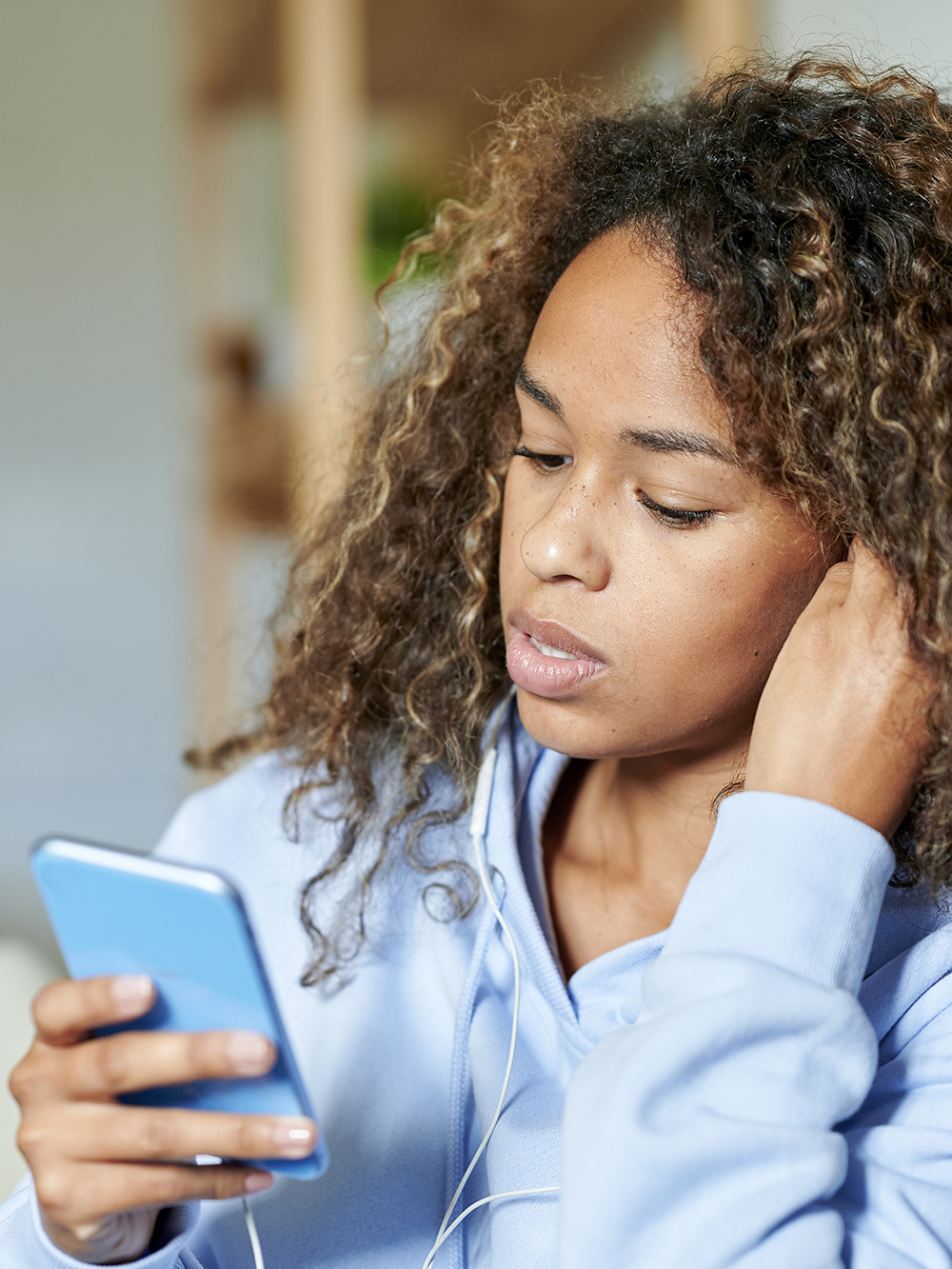
Just scanning news headlines can be hard. And if you're glued to your phone, like many of us are, you really can't escape the barrage of the news cycle. I know I've been susceptible to doom scrolling at least a few times a week. (I do not recommend doing this right before you go to bed, FWIW.) These days, it just seems like one bad thing after another is happening. It can leave you feeling frustrated, hopeless, anxious, angry, overwhelmed… I could go on and on.
"Since the onset of social media, an unspoken expectation has crept in that we should not only care about global events but also be vocal, donate, engage, and seek justice on every single issue," explains Karin Gold, LMFT, an emotional fitness instructor at Coa. "In addition, our news is now coming with a hefty dose of existential fear and uncertainty—not knowing what's coming or how bad it'll all be. That will most certainly add to the stress and anxiety of the news cycle."
It's important to stay up to date with what's going on in the world. And it's also important to take a stand (if you feel comfortable, of course) when it comes to the causes you believe in—whatever they may be—whether it's donating to organizations, volunteering your time, writing to elected officials, spreading awareness, and/or continuing to educate yourself on the topic. But it's also equally important to take care of yourself and your mental health. The news cycle can take a toll on your mental health, and you're going to want to allow yourself some grace and moments of rest and care. So how can you take care of your mental health when it comes to the overwhelming news cycle while also being an informed citizen? I asked the experts just that.

First, it's important to acknowledge that this type of stress and anxiety is normal, especially since we can be exposed to the news at all time thanks to technology. Alexandra Finkel, LCSW, a psychotherapist with Frame Therapy, says that this type of consumption coupled with an ongoing pandemic, racial and economic unrest, mass shootings, war, political discord, climate change, and continuous uncertainty can make it extraordinarily difficult not to feel stress and anxiety. "Stress can be cumulative, and each time we absorb the news of the above traumas, we are at risk for vicarious trauma," Finkel says. "Highly sensitive people (HSPs), people with pre-existing anxiety or other mental health conditions, people with multiple stressors in their lives, and/or people who work in professions where they are consistently exposed to trauma (healthcare, first responders, mental health providers, etc.) may be especially susceptible to burnout and high levels of anxiety that can be exacerbated by consuming the news."
Not to mention it's important to keep in mind that the news can also play up certain headlines, too. "I also believe the news continues to provide extreme exposure to really traumatic events besides just saying what has happened. They have sensational headlines to grab attention and pull at our heartstrings," says Jordan A. Madison, LCMFT, creator of Therapy Is My JAM.

But you don't have to close yourself off completely to the news in order to protect your mental health. Gold recommends checking in with yourself. "It is perfectly reasonable to oscillate between reading the news and taking a break, depending on what you feel you are ready to handle that day," she says.
You just have to make sure you are nurturing your mental health and "filling your cup" so that you have the energy and the right mindset to be engaged and involved if you want to. And doing something about the devastating news in the world might make you feel better, too. "Advocating for a cause can be beneficial for your mental health, causing you to feel empowered or more in control," Madison says. "Donating money, marching, calling senators, sharing posts on social media, being an ally to those impacted by tragedy, or creating fundraisers to help can all feel like ways to take action."
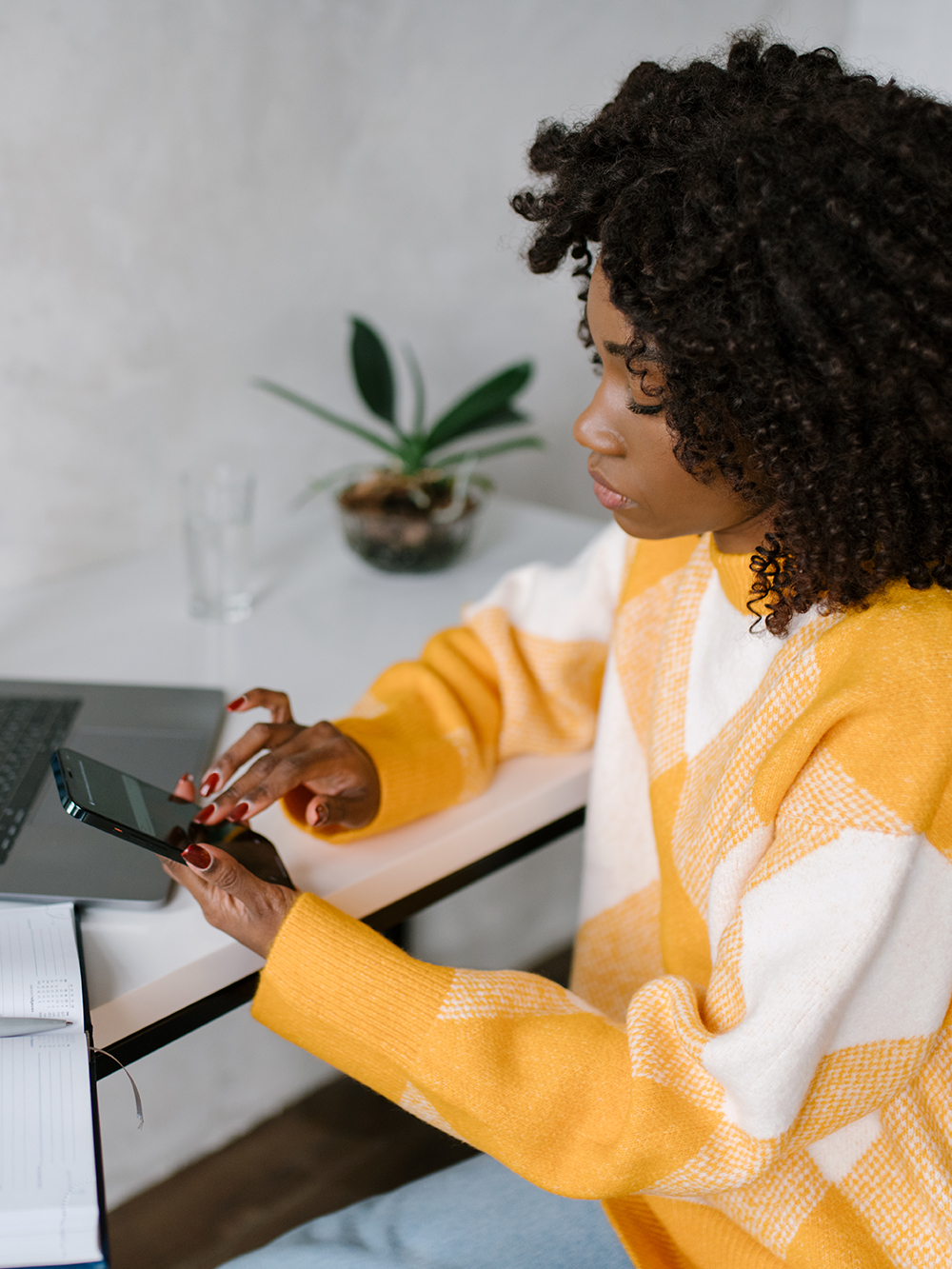
If you do feel empowered to do something, there are a lot of things you can do, but you're going to want to know your limits. "Please also remember that it might not be feasible to be involved or dedicated to everything," Finkel says. "If you feel overwhelmed and don't know where or how to start, try choosing one or two things that speak to you and focus on them."
Gold recommends taking breaks as needed. "Activism is not a solitary activity," she says. "You will step out of the work, and someone else will step in. When you're ready, you can step back in, and someone else will take their break. We're in this together." And prioritize your health—both mentally and physically—because you won't be able to take action or help out if you are feeling depleted.
Need some ideas on how to cope with the stress of the news? Take a look at some ideas below.
1. Notice and Validate Your Emotions

Finkel says the first step in managing emotions is to notice them. Gently observe what's coming up for you and what you're feeling, and name it out loud. Then validate it. "Remind yourself that your feelings make sense and there's nothing wrong with you for feeling that way," she says. "Offer yourself encouragement like you would a friend; anxiety will try to convince you that you can't cope with this—try to remind yourself that you can tolerate these feelings. It's also important to try to remember that even in the face of senseless tragedy, beauty and suffering exist hand in hand—both are part of the human experience. Try to look for the good, too. My favorite place to find the good and joy is Good News Network. With so much sadness and heaviness, offering and receiving small acts of kindness from others can also serve as a reminder that darkness and light can and must co-exist."
2. Read Instead of Watch

Madison suggests reading the news instead of watching it to stay informed. It might be a less stressful or anxiety-inducing experience for you.
3. Limit Your News Consumption

"If the constant news is making your anxiety worse, take a break!" Finkel says. "Turn off the TV, put your phone down, or set a usage limit in your settings. Think about other activities you can do like reading a book, watching a favorite show, taking a shower/bath, etc., instead of scrolling. You can also start following uplifting accounts, accounts that offer psychoeducation, or accounts that provide distracting content."
You can specify the time limits on your scrolling or browsing—only doing it at certain hours of the day, avoiding it first thing in the morning or right before bed, and setting limits on certain topics.
Angeleena May, LMHC, executive director for AMFM Healthcare, recommends allowing yourself time to process the news. "Jumping from story to story is emotionally draining and the emotional stress will continue to layer exacerbating feelings of hopelessness and being overwhelmed," she explains.
4. Unfollow

Gold recommends unfollowing accounts that cause you stress or anxiety, even choosing two to three news sources that you trust and unfollowing or unsubscribing from the rest. "It's okay to take a break and re-engage when you feel better," she adds.
5. Focus on Where You Have Control

"Focus on areas of your life in which you can control, and take steps toward positively impacting your family, community, and other social networks," suggests May. Gold adds that refocusing your attention on other areas you have control over can give you a sense of grounding and safety.
6. Journal

Madison suggests journaling out your emotions as a way to cope.
7. Practice Self-Care Techniques

Implement self-care practices to help you cope with stress, Gold recommends. Self-care can mean a lot of different things to people—meditation, journaling, movement, unwinding activities, etc.—so it's up to you to find out what works best for you.
And in general, May advises focusing on all aspects of your health—like a healthy diet, adequate sleep, physical activity, and connection with others. "All components of health contribute to emotional resources when faced with distress," she says.
8. Ground Yourself

May suggests taking time to ground yourself and allowing space to process difficult media news and recognizing the effect it has on your mental health.
And Finkel recommends giving yourself some uninterrupted time—even if it's only a few minutes—to engage in breathing or grounding exercises. "Anxiety causes us to either worry about what has happened in the past or about what will or will not happen in the future," she explains. "Engaging in grounding techniques brings us back into the present moment. Additionally, focusing on the breath has positive physiological effects like decreasing heart rate and blood pressure, which can increase when the body and mind are under stress. It will also interrupt spiraling thoughts, as your brain is forced to concentrate on the breath or the visualization."
9. Create a Routine

"This doesn't have to be complicated and can be as simple as a few minutes each morning and evening to engage in a calming ritual," Finkel says. "Routine helps to facilitate predictability, and predictability is a powerful antidote to anxiety. Routine also helps us focus on what we have control over. This shift from focusing on what's outside of our control (often what occurs when we consume information about tragedy after tragedy) to what is in our control can feel really helpful when everything feels bad."
10. Seek Support

Reach out to your friends and family. "These types of news stories can leave us feeling hopeless and helpless," Finkel. "Reaching out to others and talking about how you feel can re-establish feelings of connection. You might also find it helpful to seek support from a therapist, who can provide a safe space to process what you are experiencing."
11. Practice Self-Compassion

Be kind to yourself. "Try not to judge yourself for having these feelings," Gold says. "Treat yourself with the same care and kindness as you would a good friend who is struggling."
12. Practice Gratitude

If you're feeling hopeless or lost, you can cope by practicing gratitude. "Remind yourself of what you are looking forward to or feeling hopeful about," Madison says. "Make a gratitude list."
13. Listen to Music

"Listening to music can have an extremely positive and relaxing effect on both mind and body. Try making a playlist of songs that feel calming to you to put on when you need it most," Finkel suggests.
14. Get Moving

Sometimes just going outside and getting fresh air can help. Any type of movement will relieve some stress. "Releasing endorphins can be an effective way to fight stress and anxiety and to give your mind a break from everything," Finkel says. "If you are physically able, go for a run or walk and leave your phone in your pocket. If you feel short on time, try doing jumping jacks, push-ups, mountain climbers, or any other simple bodyweight exercise to get your body moving. You can also do some gentle stretching or meditation."
15. Seek Professional Help If Needed

And sometimes you might need to see a professional. Pay attention to some signs that might suggest you need help. Madison says some signs include feeling persistently sad or on edge for more than two weeks; avoiding certain triggers that remind you of what you just watched (like grocery stores or schools); having flashbacks, nightmares, or trouble sleeping; and noticing a shift in how you view the world around you.
Other physical changes could be eating too much or too little, low energy levels, little to no physical activity, and an increase in substance use, Gold adds. And mental changes could include difficulty concentrating, low motivation or drive, irritability, isolation, and feelings of hopelessness or worthlessness. It's not a bad thing to seek professional help, you can start at MentalHealth.gov for some resources.
Next, 10 Ways to De-Stress in 10 Minutes or Less
This article is provided for informational purposes only and is not intended to be used in the place of advice of your physician or other medical professionals. You should always consult with your doctor or healthcare provider first with any health-related questions.
Sarah is lifestyle writer and editor with over 10 years of experience covering health and wellness, interior design, food, beauty, and tech. Born and raised in Los Angeles, she attended New York University and lived in New York for 12 years before returning to L.A. in 2019. In addition to her work at Who What Wear, she held editor roles at Apartment Therapy, Real Simple, House Beautiful, Elle Decor, and The Bump (sister site of The Knot). She has a passion for health and wellness, but she especially loves writing about mental health. Her self-care routine consists of five things: a good workout, “me” time on the regular, an intriguing book/podcast/playlist to unwind after a long day, naps, and decorating her home.

